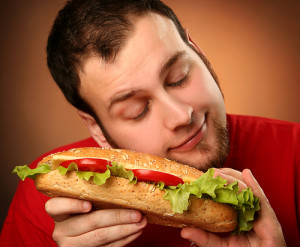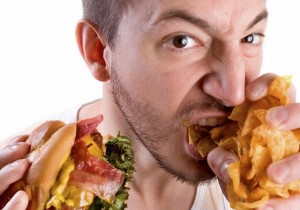While junk foods remain a popular choice among consumers, they also present a clear and present danger to our health. In recent years, the list of known health risks associated with the consumption of junk food has grown exponentially. Everything from obesity to heart disease and even cancer have been linked to the consumption of foods with high levels of fat, salt, and sugar.
Recent research has shown us just how damaging these types of foods can be to our bodies. We are now facing an unprecedented public health crisis. More than two thirds of Americans are now classified as being overweight or obese. Our populations have become increasingly sedentary and many are consuming diets full of unhealthy and processed foods. This combination has had a devastating impact on our health and it doesn’t appear to be improving.
Researchers from Harvard University recently conducted a study to better understand how junk food is killing our bodies. The results were daunting. They found that people who regularly consume junk food are far more susceptible to a wide range of physical problems and diseases. These include obesity, type 2 diabetes, high cholesterol, high blood pressure, stroke, and even certain types of cancer. All of these diseases and conditions are associated with an increased risk of premature death.
The study also explored the chemical composition of junk foods and how they affect our bodies. It was shown that many of these foods contain large amounts of saturated and trans fats, sodium, and sugar. All of these ingredients can negatively affect our health when consumed in excess. For example, saturated and trans fats have been linked to an increased risk of cardiovascular disease and other chronic conditions. Similarly, high sugar intakes have been linked to an increased risk of obesity, type 2 diabetes, and dental problems.
What’s more, junk food is often highly processed, meaning that it has likely been exposed to numerous chemicals and additives. Many of these ingredients have been linked to a range of health problems, from allergies and skin issues to hormone disruption and mental health conditions. It’s also important to consider that many of these foods are high in calories but low in essential nutrients, meaning that they are not providing us with the essential vitamins and minerals our bodies need to remain healthy.
Finally, we need to consider the long-term health impacts of consuming junk food. Research has consistently shown that people who eat junk food on a regular basis are far more likely to suffer from chronic illnesses later in life. Furthermore, people who consume these foods on a regular basis tend to have a higher BMI (body mass index) than those who don’t, which has been linked to a range of additional health risks.
Overall, it is very clear that junk food has been killing our bodies for some time. While it is still possible to enjoy this type of food in moderation, it is important to understand that it can have serious and long-term consequences on our health. We should all take steps to limit our consumption of high-fat, processed, and high-sugar foods, and focus on consuming more natural and healthier alternatives. In doing so, we can help to protect our bodies and reduce the risk of developing numerous physical and mental health conditions.






